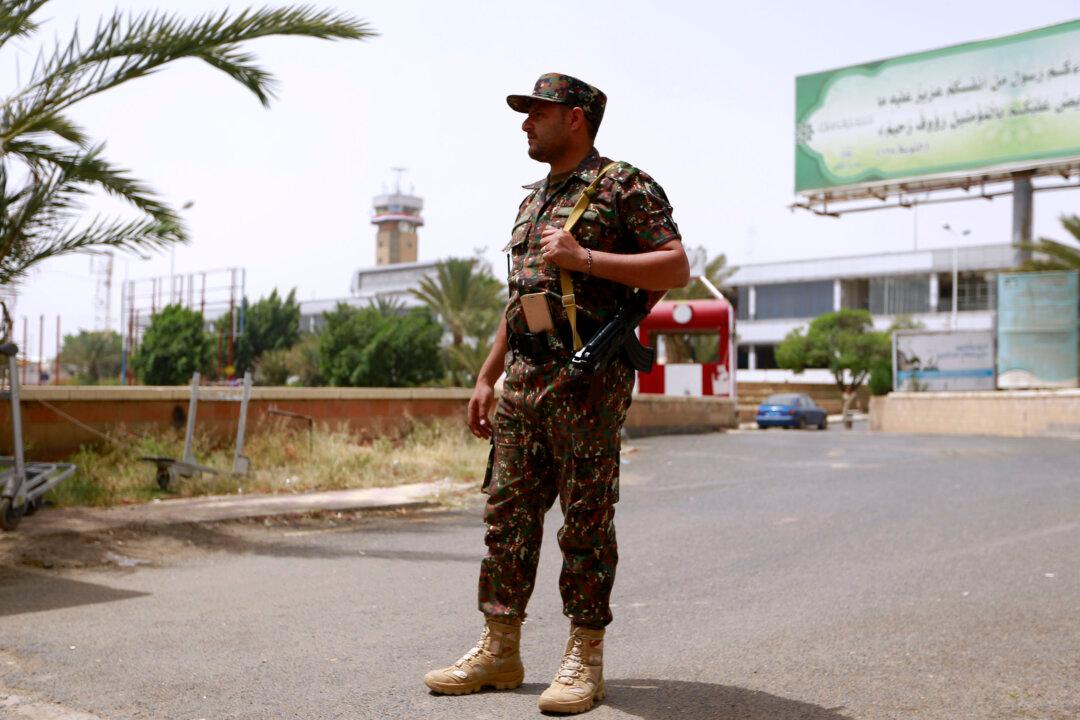News Analysis
Ottawa has received new calls to suspend arms sales to Saudi Arabia after a U.N. report named Canada as one of the western powers that have enabled the armed conflict in Yemen.

Ottawa has received new calls to suspend arms sales to Saudi Arabia after a U.N. report named Canada as one of the western powers that have enabled the armed conflict in Yemen.